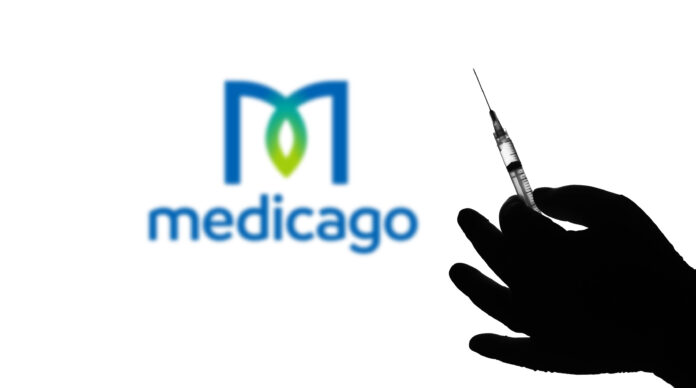The first Canadian-made COVID-19 vaccine by Medicago has been rejected by the World Health Organization (WHO) due to its ties to tobacco giant Philip Morris
“We are aware that the WHO updated Medicago’s vaccine status to ‘not accepted.’ We have received an email which indicated the WHO’s preliminary decision and informed us that official communication outlining the details and rationale would follow,” wrote Medicago President and CEO Takashi Nagao in a statement to Global News on Friday. “Once we receive this, we will review the rationale and continue to discuss next steps with our partners and shareholders.”
“It is our understanding that this decision is linked to Medicago’s minority shareholder and not the demonstrated safety and efficacy profile of our COVID-19 vaccine. Covifenz was approved by Health Canada on February 24, 2022.”
Philip Morris, the biggest tobacco company in the world, owns one-third of Quebec-based Medicago. The government of Canada invested $173-million in Medicago and its efforts to create a viable COVID-19 vaccine.
Medicago’s COVID-19 vaccine, Covifenz, received approval from Health Canada on Feb. 24. The home-grown vaccine is the world’s first-ever plant-based jab authorized for human use and is also the first Canadian shot to be approved in over 20 years.
Health Canada has approved for people aged between 18 and 64 after clinical trials showed a 71 per cent rate in protecting trial participants against COVID-19. The jab was also 100 per cent effective against severe disease caused by COVID-19.
Documents from the WHO’s website on Mar. 2 show Medicago’s COVID-19 vaccine was listed as “not accepted” in the organization’s expression of interest phase. In a press conference on Mar. 16, Dr. Mariângela Simão, WHO’s assistant director-general for access to medicines and health products said it was “very likely” Medicago’s vaccine would not get the green light for emergency use.
Trending Stories
CRTC approves Rogers’ takeover of Shaw broadcasting, but with costly conditions
Thousands of Canadian seniors scramble to file taxes following federal error
“Due to its connections — it’s owned by tobacco company Philip Morris International — so the process is put on hold because it’s well known that the WGO and UN have a very strict policy regarding engagement with tobacco and arms industries,” she said. “So the process is on hold.”
Canada, which has mainly used Pfizer and Moderna’s mRNA vaccines, had secured a deal for 76 million doses of the Covifenz vaccine. The rejection by the WHO would stop Canada from being able to donate the Covifenz vaccine to other countries and limit their donations to the global-equity vaccine equity program known as COVAX.
COVID-19: Health Canada provides details on first ever plant-based shot approved for human use – Feb 24, 2022
Canada has promised to donate 200 million doses to COVAX by the end of this year, but so far only 37 million doses of the AstraZeneca, Moderna and Johnson & Johnson vaccines have been delivered. A financial commitment of more than $500 million has been promised to COVAX to buy vaccines from other producers.
Canada has promised to donate at least 200 million doses to COVAX by the end of this year. Thus far 37 million actual doses of Oxford-AstraZeneca, Moderna and Johnson & Johnson vaccines have been promised, along with more than $500 million in cash for COVAX to buy doses elsewhere.
In July 2020, the company had announced plans to distance itself from Philip Morris International. The association has been a source of roadblocks and criticism for Medicago.
© 2022 Global News, a division of Corus Entertainment Inc.



